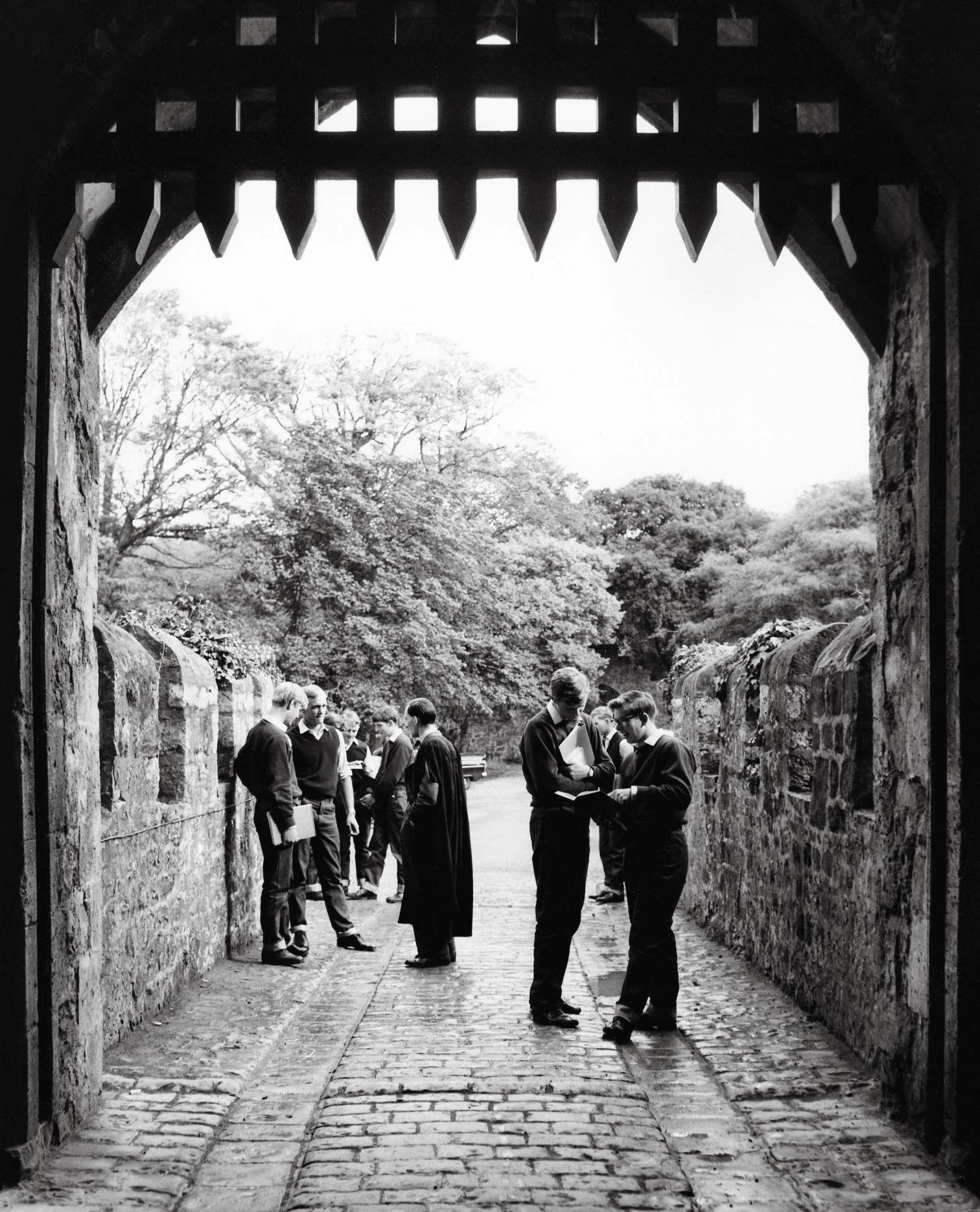
Atlantic College
The current critique of meritocracy questions merit itself. Until very recently, the rejection of technocracy censored the one-dimensional character of its politics, but did not question technique itself; today, the attack on meritocracy rejects not only a privileged elite, but also The Tyranny of Merit, as the philosopher Michael Sandel has titled the most influential book on the theme. In a social structure that reproduced itself essentially through inheritance, equal opportunity brought the promise of success based on talent and effort, so that merit would be the main driver of social mobility. However, the broken social ladder and the growing inequality in rich countries have fueled criticism of what is perceived as a ‘meritocratic caste,’ and not only of the flaws of the access system, but of the system itself, and the value it gives to intelligence and academic credentials.
The hyperglobalization of the last decades has blurred the opposition between right and left, confronting cosmopolitan winners with identitarian losers, creating a deep feeling of frustration and resentment that has spurred the rise of different populisms, all focused on the rejection of the elites. These elites, who consider their privileged position justified by merit, refuse to acknowledge to what extent their achievements are due to chance in the distribution of talent and to the initial advantage given by the prestige education most have enjoyed. The critics of meritocracy, on the contrary, claim that genetic and family lottery should not grant economic rewards, defend the dignity of all kinds of work, and judge it essential to recover a sense of community against the protagonism of states and markets, and the common good against the divisive fragmentation of populations.
Political polarization, originated in the praise of success and the stigma of failure, erodes solidarity and trust, because winners believe they owe it all to personal merit. In words of Sandel, “we view success the way the puritans viewed salvation – not as a matter of luck or grace, but as something we earn through our own effort and striving.” The Harvard professor, in his crusade against meritocracy, follows in the footsteps of the Labour sociologist Michael Young, who coined the term in 1958 in The Rise of Meritocracy, arguing that equal opportunity might favor competition among people from different social backgrounds, but in the end causes conflict by confronting arrogant winners with humiliated losers. This thrashing of merit is proposed today as an alternative to both utilitarianism and to the ‘veil of ignorance’ of John Rawls: a new theory of justice that challenges the theoretical justice of merit.






